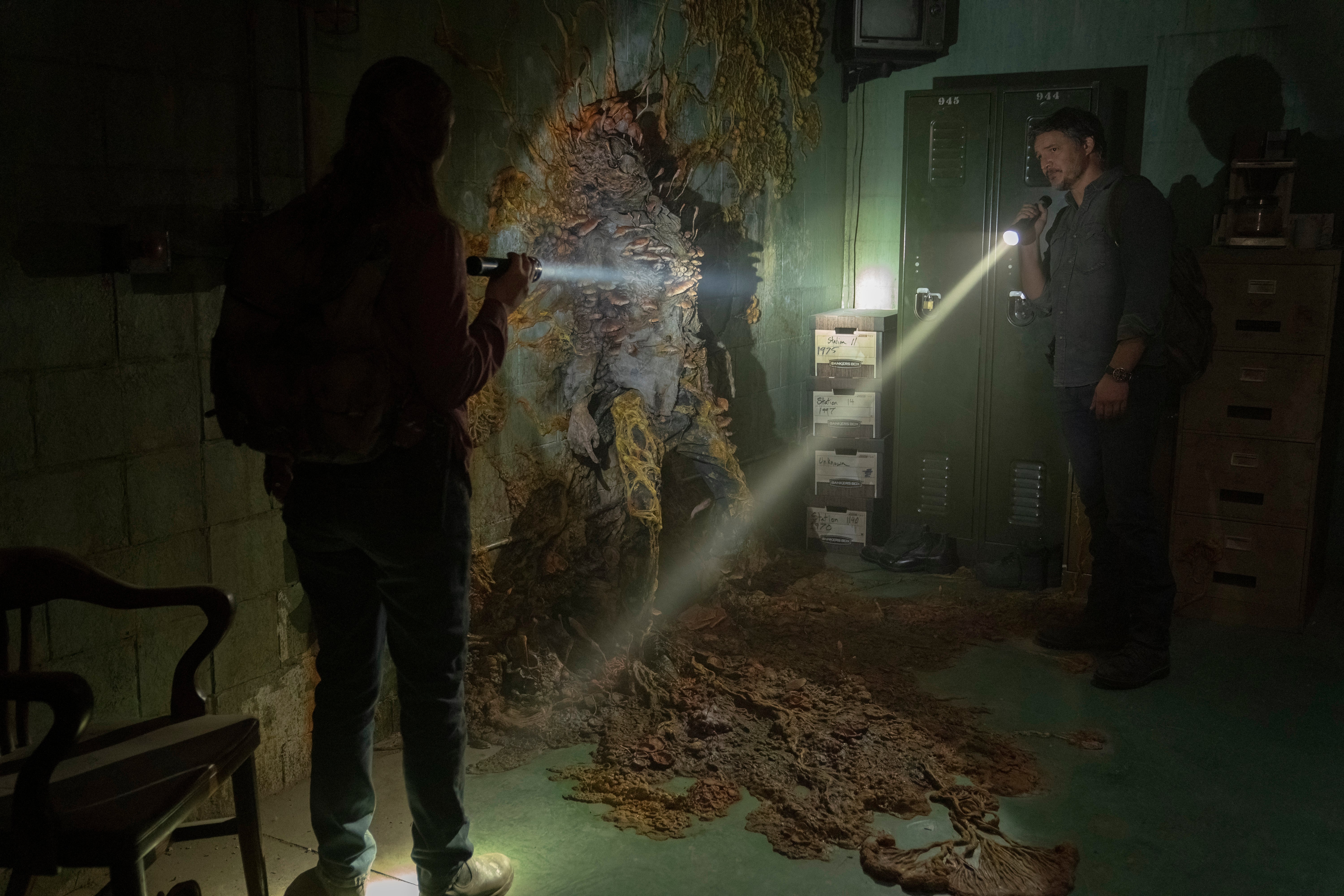From a CDC fungal disease expert, here’s what you need to know about The Last of Us
We may not need to worry about turning into zombies, but we do need to ‘Think Fungus’, the HBO show is right on that

Dramatic scenes in the new HBO series The Last of Us have left many viewers wondering -- could a global outbreak of a devastating fungal disease happen? Could mutant fungus turn us into...well, zombies?
As the CDC’s chief fungal disease expert, I know that new and exotic fungal infections can threaten public health. It would not be surprising if new fungal species emerge and cause human illness that are challenging to treat. However, while the Cordyceps fungus turning people into zombies in The Last of Us makes for entertaining television, we don’t need to be concerned about this happening in real life anytime soon.
Why is Ophiocordyceps unilateralis, the fungus that inspired The Last of Us, so dramatically frightening?
These “zombie ant” fungi infect only certain types of ants, causing strange behaviors, including a directionless “zombie” walk. Infected ants seek high branches of plants to die, allowing fungal spores to spread over greater distances and infect any healthy ants that come into contact with them.
There is no chance of Ophiocordyceps unilateralis turning humans into zombies. This sort of parasitic behavior between insects and Cordyceps evolved over millions of years, and it is very species specific. It works in insects because their primitive neurological systems are easily manipulated by chemical signals released by the fungus. Mammals have complex brainstems and brains, so a successful jump to another species would take likely millions of years of selection.
Fungi are common in the environment. People breathe in or come into contact with fungal spores every day without getting sick. Anyone can get a fungal infection. When we think about fungal infections, what often comes to mind is athlete’s foot or maybe toenail fungus. But there are also fungal infections that can invade our organs and blood vessels and cause serious disease or death. These fungi are more likely to cause an infection in people who have weakened immune systems and thus can’t fight off infections as well as healthy people
Person-to-person spread of disease-causing fungus is rare but can occasionally happen. The likelihood of a fungus causing specific neurological behavioral changes as a method of reproduction is unprecedented in any mammal, fish, bird, reptile, or amphibian species. Although, there are several fungal groups that do it in insects.
Rare fungal infections are always a possibility in people who are severely immunocompromised, but there are no recorded infections of humans by Ophiocordyceps species. Because this fungus would not survive at the human body temperature, infection even in a severely immunocompromised host is likely impossible. So, you can stop your preparations for a zombie apocalypse caused by a fungus.
It’s true that some real fungal diseases go undiagnosed, leading to serious illness and even death. Increased awareness about fungal diseases is one of the most important ways we can improve early recognition and reduce delays in diagnosis and treatment. A key clue to when a sick person may have a fungal disease is that they are being treated with medicine (say, an antibiotic) for another type of infection but do not get better.
So, while we may not need to worry about fungal infections turning us into zombies, it is important for all of us to “Think Fungus” when symptoms of infection do not get better with treatment. The quicker doctors can diagnose the right illness, the quicker people can be treated the right way.
Join our commenting forum
Join thought-provoking conversations, follow other Independent readers and see their replies
Comments


Bookmark popover
Removed from bookmarks